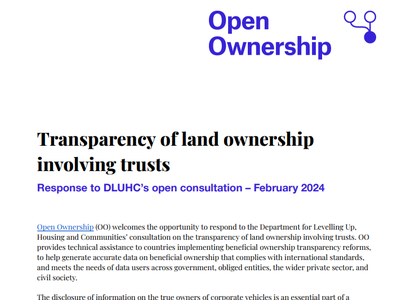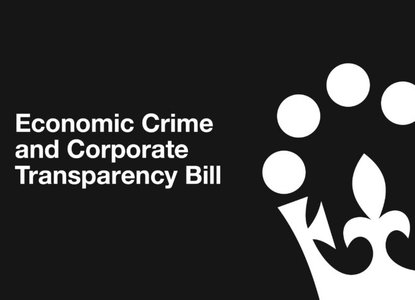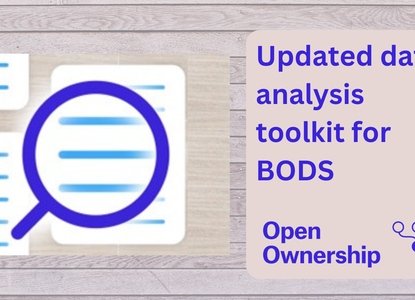The UK’s performance against the Open Ownership Principles
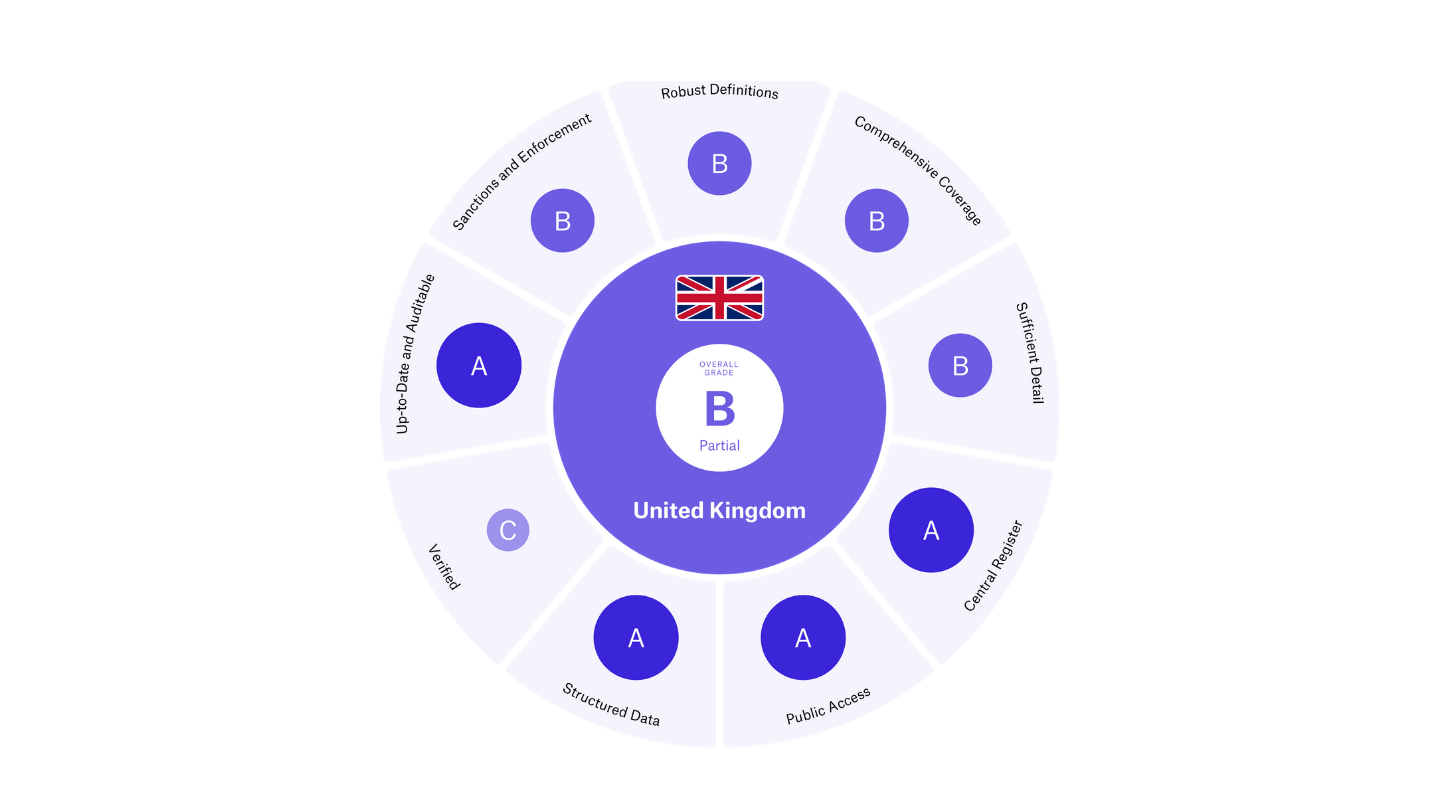
Overview
The United Kingdom is one of the world’s leading jurisdictions when it comes to beneficial ownership transparency (BOT).
As of November 2020, the Open Ownership (OO) technical team’s rapid assessment of the UK’s performance found that, overall, the UK aligns with the Open Ownership Principles (OO Principles), but that further work is required. In acknowledging the UK’s progress and role as a global leader, OO emphasised the need for the UK to improve data verification processes in order to be fully aligned with the OO Principles.
The OO Principles are the gold standard for good governance through transparent company ownership. As a BOT leader, the UK’s People with Significant Control (PSC) register is often held as a model by other countries. This rapid assessment shows where the UK disclosure framework is strong and where improvement is required. The UK announced that reforms to Companies House (CH) could, if implemented in full, significantly improve the UK’s alignment with the OO Principles on beneficial ownership (BO) data.
Countries that implement the OO Principles in full will meet and exceed their international commitments to BO disclosure, including those made through the Extractive Industries Transparency Initiative (EITI) Standard, the Financial Action Task Force (FATF) recommendations, and the European Union 5th Anti-Money Laundering Directive.
Commenting on the UK’s performance against the OO Principles, OO’s Executive Director Thom Townsend said: “The Open Ownership Principles are a high but achievable benchmark for effective beneficial ownership transparency. The UK, with its PSC register and planned reforms to Companies House, is well placed to maintain leadership on beneficial ownership transparency as more countries look to implement.”
The UK government welcomed the assessment and acknowledged the importance of BOT in delivering the “building back better” agenda. Lord Callanan, Minister for Corporate Responsibility, welcomed the assessment and said: “The UK is a global leader in corporate transparency and this is reflected in the findings of this rapid assessment. We are committed to raising the global bar on beneficial ownership transparency at home and abroad and have recently set out proposals to ensure that the millions of users of the register can have even greater faith in our companies register, so that it continues to serve its vital role facilitating business transactions, underpinning confidence in our economy and supporting the fight against economic crime.”
The PSC register is the UK’s BO register of companies. It is managed by CH, which falls under the Department for Business, Energy, and Industrial Strategy (BEIS). A CH spokesperson responded to the assessment and said: “We welcome analysis of the PSC register as we have been working with data users to improve the quality of the register since it was first launched. The recently announced reforms to Companies House include plans to improve data verification. We expect to progress against the OO Principles in 2021 and hope this process will inspire similar reforms elsewhere.”
Summary of Results
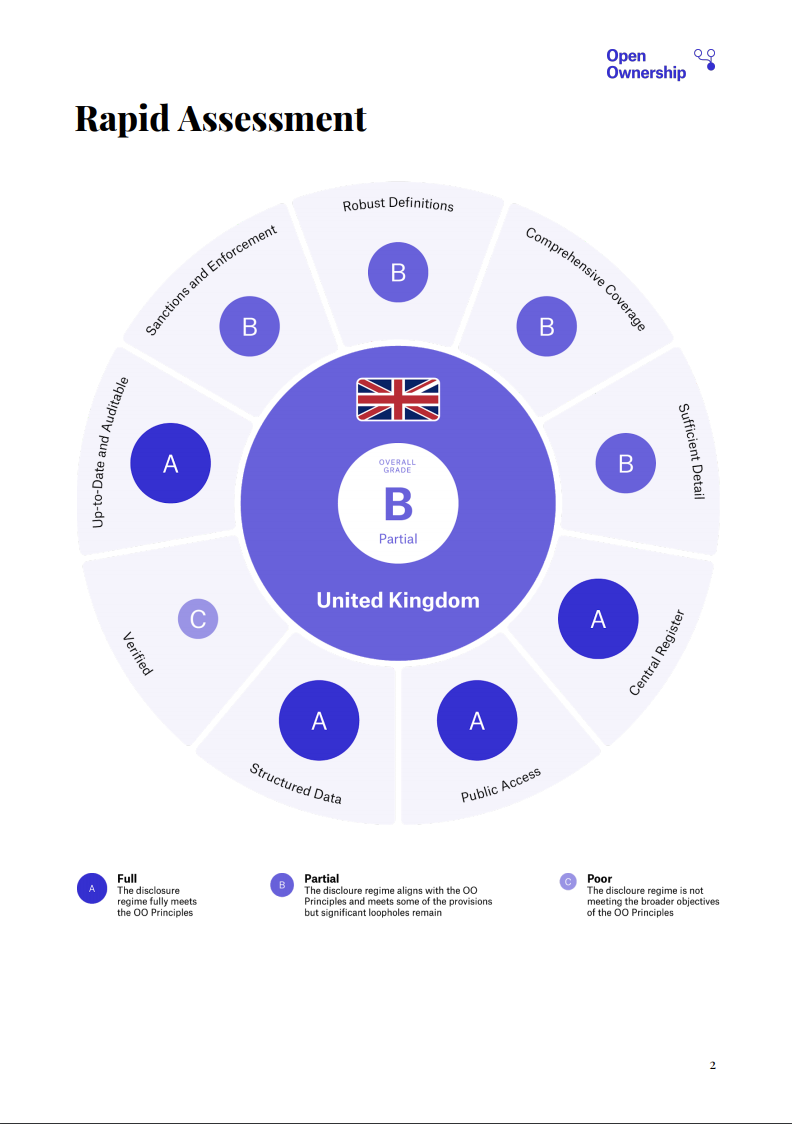
Methodology
OO’s technical team undertook a rapid assessment of the UK’s BO regime in November 2020. The assessment involved examining published data from the PSC register and conducting a desk review of relevant legislation, guidance, and published research. The assessment sought to determine the extent to which the UK’s BO regime, as is currently operates, aligns with the OO Principles, and to identify specific areas where improvement would strengthen the effectiveness of the UK’s disclosure regime.
The rapid assessment has been conducted on a best efforts basis in order to consolidate and share insights from existing research and data use, and is not intended to be wholly comprehensive. A more in depth assessment against the OO Principles would draw on a broader range of primary and secondary sources and involve significant engagement with implementers and data users across government, civil society, and the private sector. In order to maximise the utility of in depth assessments to shape future reform, research would incorporate planned and in-progress reforms in addition to an examination of the regime as it currently operates. In future, OO plans to apply the OO Principles within assessments to inform technical assistance and support for governments implementing BOT.
Related articles and publications
Publication type
News article
Country focus
United Kingdom of Great Britain and Northern Ireland
